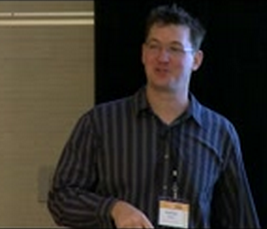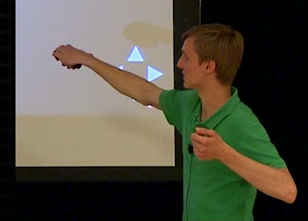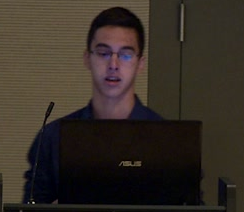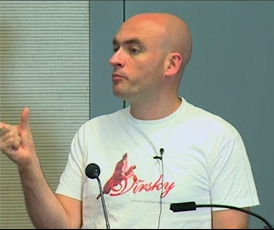CppCast Episode 5: Exploring CLion with Anastasia Kazakova -- Rob Irving
Episode 5 of CppCast, the only podcast by C++ developers for C++ developers. In this episode Anastasia Kazakova from JetBrains joins Rob Irving to discuss the new CLion IDE.
CppCast Episode 5: Exploring CLion with Anastasia Kazakova
by Rob Irving
About the interviewee:
Being a C/C++ fan since University Anastasia has been creating real-time *nix-based systems and pushing them to production for 8 years. She has a passion for networking algorithms (especially congestion problems and network management protocols) and embedded programming, and believes in good tooling. Now she is a part of the JetBrains team working as a Product Marketing Manager for CLion the upcoming cross-platform C/C++ IDE.

 While we wait for CppCon 2015 in September, we’re featuring videos of some of the 100+ talks from CppCon 2014. Here is today’s feature:
While we wait for CppCon 2015 in September, we’re featuring videos of some of the 100+ talks from CppCon 2014. Here is today’s feature: While we wait for CppCon 2015 in September, we’re featuring videos of some of the 100+ talks from CppCon 2014. Here is today’s feature:
While we wait for CppCon 2015 in September, we’re featuring videos of some of the 100+ talks from CppCon 2014. Here is today’s feature: While we wait for CppCon 2015 in September, we’re featuring videos of some of the 100+ talks from CppCon 2014. Here is today’s feature:
While we wait for CppCon 2015 in September, we’re featuring videos of some of the 100+ talks from CppCon 2014. Here is today’s feature: While we wait for CppCon 2015 in September, we’re featuring videos of some of the 100+ talks from CppCon 2014. Here is today’s feature:
While we wait for CppCon 2015 in September, we’re featuring videos of some of the 100+ talks from CppCon 2014. Here is today’s feature: